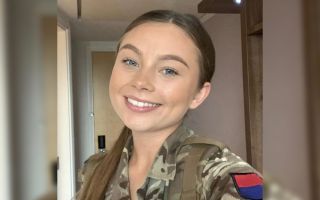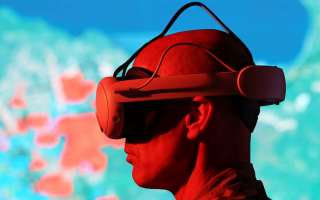Nobody talks about the good things that came out of the war in Iraq
I was 20 years old when I served in Iraq.
It's so long ago now that it's all a bit of a blur. But like thousands of other soldiers of my generation, my time there in the 2000s shaped my military career and actually my whole life afterwards. Hardly a week passes me by these days without thinking about the heat or the rockets.
So when I had the chance to work on Adapt & Overcome: the British Army in Iraq, I was excited at the prospect of looking at something so important to me journalistically, but equally anxious – for exactly the same reason.
- Britain becomes Ukraine's largest first-person view drone supplier under deal with Latvia
- Ukrainian military claims to have sunk another Russian warship with surface attack drones
- Russia will win Ukraine war unless Nato approach changes, retired general warns
To mark the 20th anniversary of the Iraq War, in March 2023, I was sent to the National Memorial Arboretum in Staffordshire to report on the commemorations taking place.
Interestingly, the event had no crowds, no big ceremony, no sombre military band or any of the countless widows and fatherless children created by the campaign. It was just a few carefully selected reporters and a junior minister laying a wreath on behalf of the Government.
I couldn’t help but feel frustrated by this. The British military campaign in Iraq - which dragged on for eight years - resulted in the loss of 179 soldiers, and scores more sustained life-changing injuries.
Yet there we were that cold March morning, observing the most subtle of occasions away from the consciousness of the masses. If they were trying to covertly mark the 20th anniversary of the biggest war the UK had embarked on for decades, they had succeeded.
And that, I feel, is generally how we tend to deal with the topic of Iraq, two decades on. For countless reasons, not least thanks to the frankly damming conclusion to the Chilcott Inquiry, the UK public inquiry into the Iraq War, we have become – as a nation – somehow ashamed of this important chapter of our collective military history.
But there were positives to our time in Iraq.
Justin Maciejewski, who nowadays is the director of the National Army Museum, agrees with me. In 2006, he was the commanding officer of 2nd Battalion The Royal Green Jackets.
For our film, Justin agreed to be interviewed about his experiences of commanding a battalion of men based out of Basra Palace in 2006. It was a bloody tour for his unit, with many lost or injured.
"I think as a campaign it gets a bad press," he said.
"I don't think we lost that campaign. I don't think it was straightforward. I don't think it was easy ride. But I think ultimately, we won on penalties. And for any English team, winning on penalties is quite a rare achievement, let's be honest."
He's right to defend the British military's record in Iraq. It's not defensive to claim there are things we can, as a nation, be proud of.
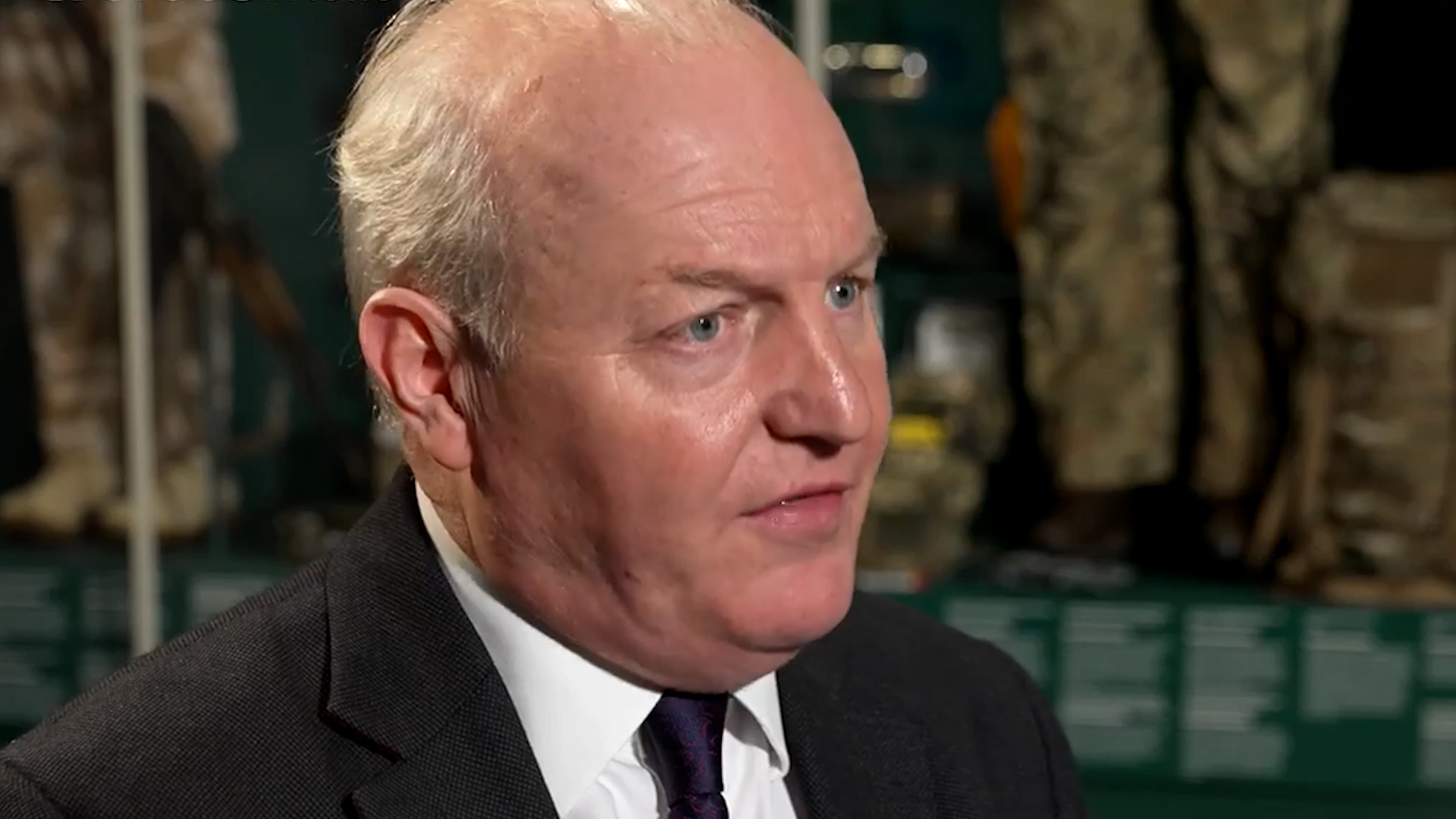
Something our film attempts to set out at the start is that Iraq was very much a tale of two campaigns: conventional war, which ended decisively, and a subsequent (perhaps unexpected) drawn-out period of counter-insurgency operations, which ultimately resulted in the British withdrawing from the country in 2011.
In 2003, alongside the US, UK Armed Forces defeated Saddam Hussein's military which at the time boasted the fourth-largest standing army in the world.
It was considered, even though British lives were lost, an emphatic victory. The Iraqi military was simply no match for the British and USA.
So far, so good, right?
Well, in the months that followed, the situation on the ground in southern Iraq changed.
An insurgency, widely acknowledged to have been backed by Iran, emerged and brought with it significant problems for our men and women on the ground. Its purpose was to destabilise Iraq and cause the occupiers, British and American soldiers, problems.
Having won the war, the allies began to lose the peace.
General Lord Richard Dannatt, the former head of the British Army who features throughout our film, told me that the problems British soldiers faced in Basra were aided by the lack of personnel made available for operations.
"Having deployed a very large number of troops in 2003 to conduct the initial entry operations into Iraq, there was very much a desire to reduce the number of troops as quickly as possible," the retired General said.
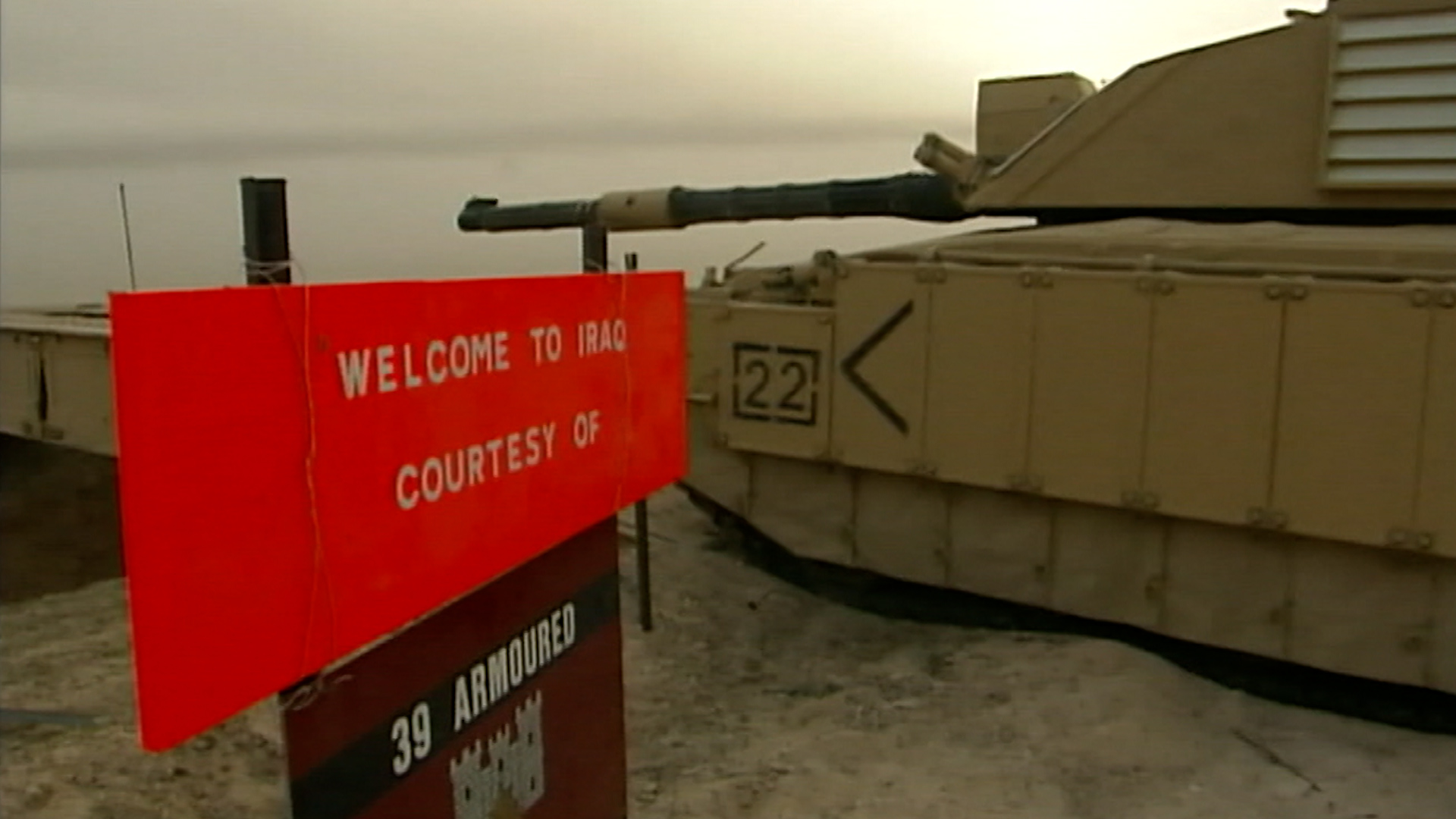
The number one threat that came out of this new, largely unseen enemy, was the Improvised Explosive Device (IED), more commonly known as the Roadside Bomb.
Due to the types of vehicles British soldiers were using to conduct their operations in southern Iraq, these new IEDs quickly became the weapon of choice for enemy insurgents as they proved increasingly lethal.
In fact, as a result of enemy action, IED attacks transpired to be the most common cause of death for British soldiers in Iraq. Not rifles and bullets, not armour-on-armour conventional fighting… it was those deadly little sly things dug in the sides of roads, waiting to be exploded.
Within this grim statistic is another, equally frustrating fact. And it’s this: the majority of those who died in IED strikes were travelling in minimally protected Snatch Land Rovers … vehicles latterly (and infamously) referred to as "mobile coffins" by a coroner at the inquest of a soldier who died in one such attack.
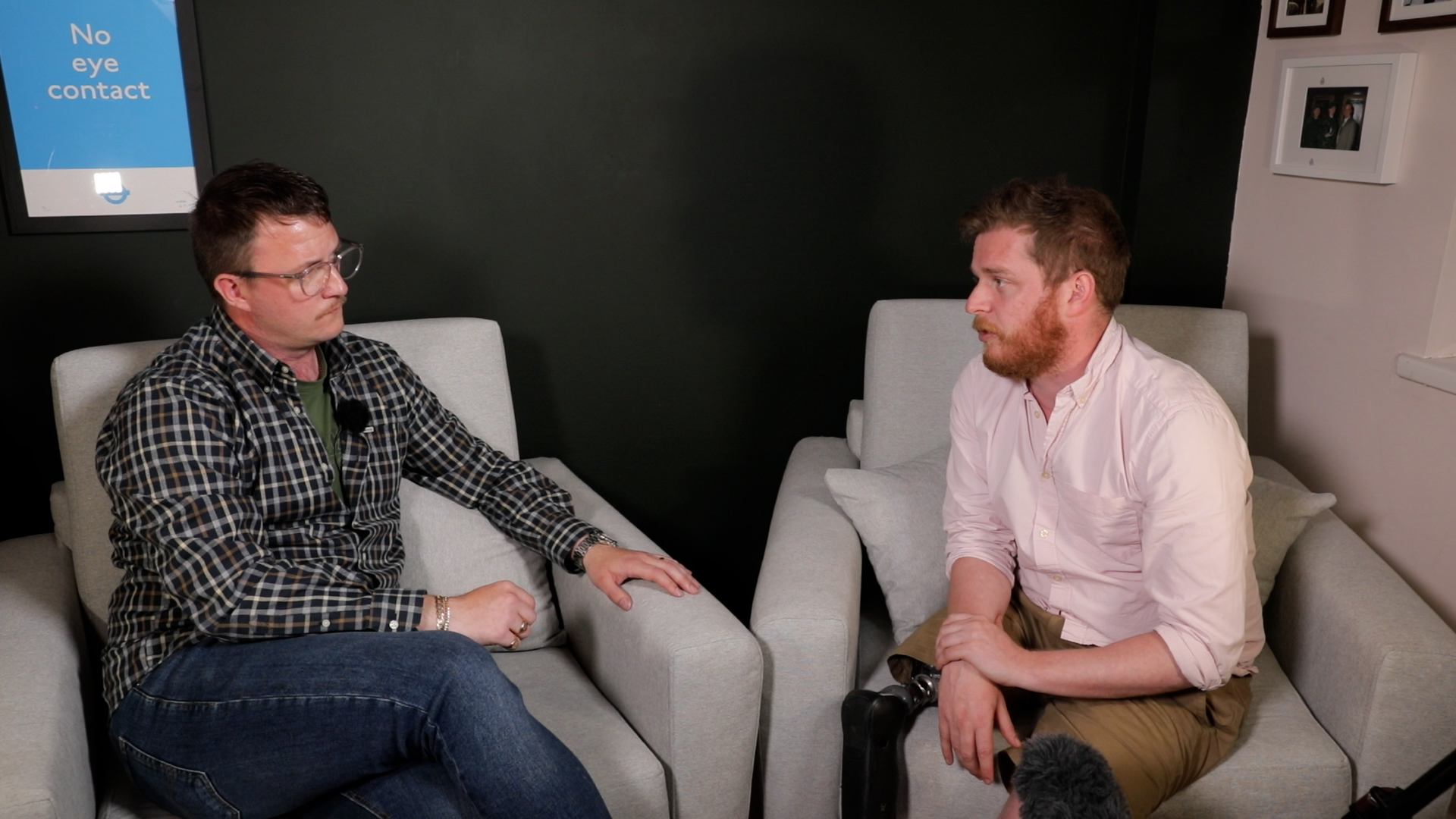
For our film, I sat down with Chris Herbert to talk through an IED attack he survived in March 2007, just two months before I deployed to the country myself. It was a strike that resulted in the death of his friend, Private Luke Simpson, who was driving their Snatch Land Rover when the IED detonated in Basra.
"We’d been slammed," Chris told me in his London home.
"My right leg had gone. I died on the ground then died on the helicopter, and then died again in surgery."
Chris was serving with 1st Battalion, The Yorkshire Regiment when the bomb exploded that day.
His patrol had hit a daisy-chain IED, which is the term used to refer to a series of roadside bombs that are connected to each other, that, when detonated, can inflict destruction on a larger target.
"The daisy chain IED hit from the right-hand side of all three vehicles. We were in Snatch. The driver was hit quite hard, and we rolled as well," he said.
"Luke, I will never understand how, got that vehicle back on four wheels before he passed away.
"Anyone who’s been in a Snatch knows that they are very top heavy… they roll. We are trained how to deal with a roll. I fundamentally believe that Luke knew that and kept that vehicle down."

Lord Dannatt also reflected on the impact of IEDs in Iraq.
He said: "Hardly a day went by when I wouldn't get a phone call to say 'CGS, I think you should know last night we lost another couple of soldiers'.
"Or 'there was a big explosion and we have several injured'. It happened on virtually a daily basis."
Faced with no let-up in the tempo of IED attacks, back in Whitehall the MOD found themselves in a race against time to come up with solutions to help save British lives in Iraq.
Part of the answer was to turn to science, something we delve into in the film particularly looking at the Electronic Counter Measures the British were able to deliver which helped defeat some types of IEDs.
However, the major challenge faced by those in charge was to identify and procure a new fleet of better-protected vehicles. The job fell to General Chris Wilson, Master-General of the Ordnance from 2006 to 2010.
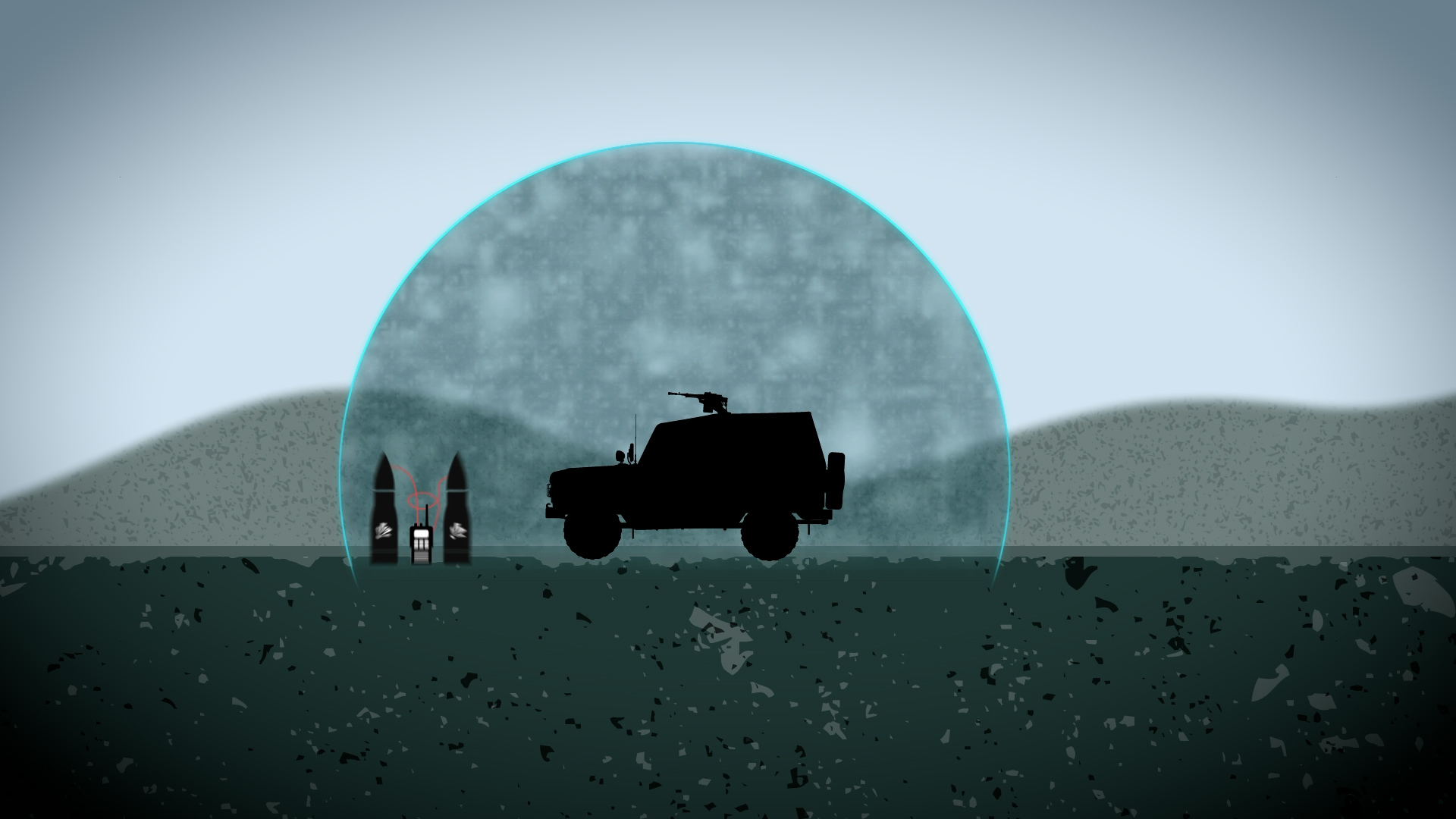
Nowadays, General Wilson is the chairman of BFBS, the parent charity of Forces News, so it was easy to speak to him on the record about his memories of the work his team led in 2006.
"I’ll tell you what the pressure on me was," the General told me.
"Every time somebody was injured or very sadly killed in a Snatch vehicle, I had to go to the minister and explain why this had happened."
Gen Wilson's efforts led him and his team to discover a vehicle called Cougar. It would become the vehicle of choice and be renamed Mastiff.
He remembered: "It was the use of Mastiff by the US Marine Corps that we alighted on that vehicle.
"And actually, there was an instance where a Mastiff was hit in an IED explosion and survived. It was a very impressive demonstration to all of us of what could be achieved."
Within weeks, the order to procure the vehicle from the Americans was made and Mastiff began to arrive in Iraq for use by soldiers in 2007.
It would prove to be a successful move, and after the wide roll-out of it and several other new vehicles that year, no further British lives were lost to IEDs.
It's a classic example of the British Army adapting and overcoming to help save lives.
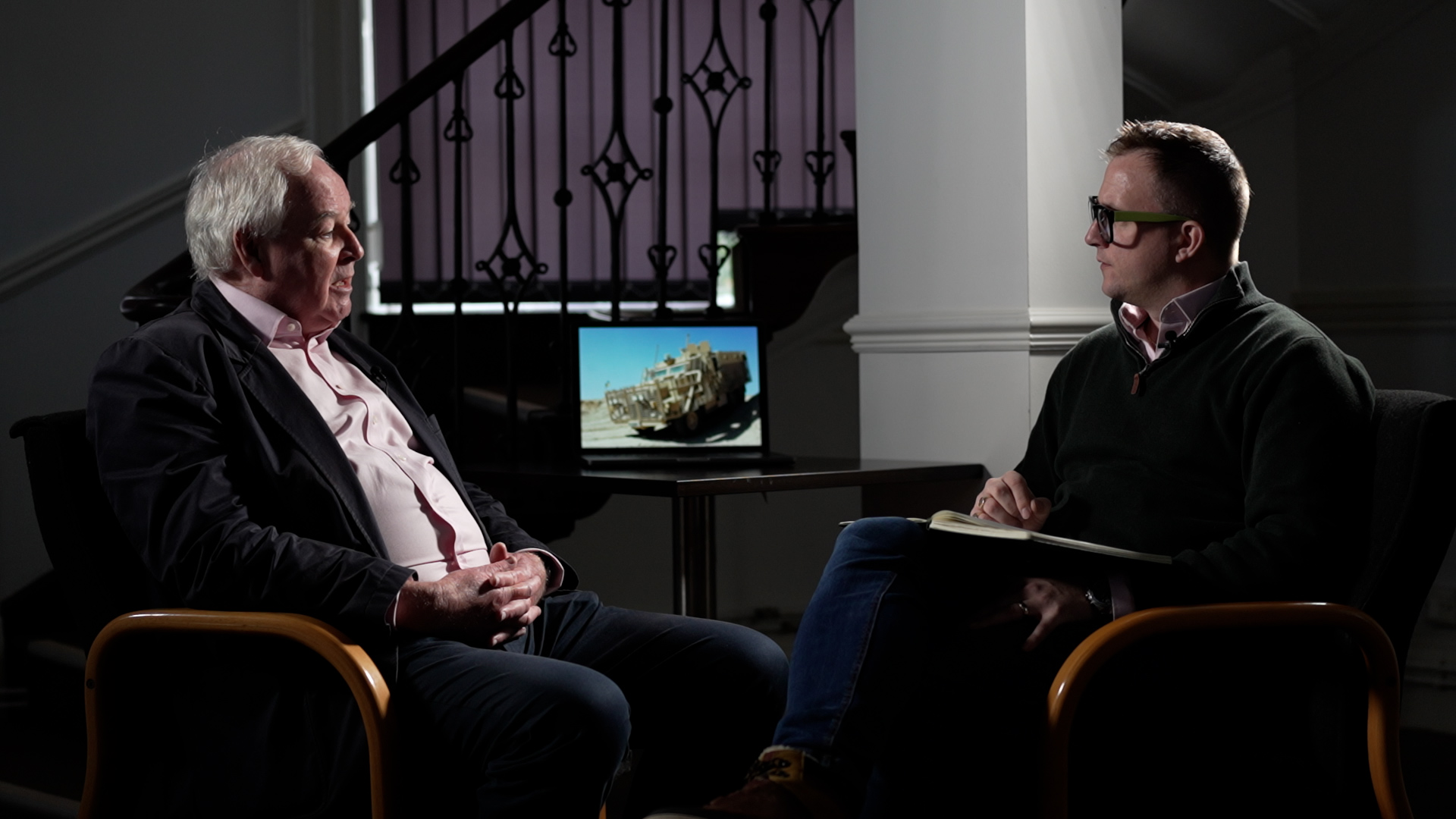
The switch from Snatch to Mastiff is one of the more easily identifiable changes the British rung in to help its people survive in southern Iraq.
But there are others, too. And perhaps the most significant of them happened away from the fighting.
I’m talking about the advances seen in the area of battlefield medicine, which included three major developments during the British Army’s time in Iraq.
"When you really are up against it, people evolve very quickly," Lord Dannatt explained.
"And certainly, battlefield medicine and the response to casualties, accelerated very quickly."
In our film, we detail a mini-revolution that occurred in the field of Battlefield Medicine during the UK's time in Iraq. It included:
- The introduction of the Golden Hour, a make or break 60-minute window to save an injured soldier's life.
- The rollout of Team Medics, which offered more soldiers professional medical training.
- The commencement of the MERT – the Medical Emergency Response Team, which delivered serious medical support on the ground via helicopters in a matter of minutes.
These three matters, which went on to become central components of battlefield doctrine in Iraq and latterly Afghanistan, trace their origins back to the British Army using its ingenuity to defeat insurgents on the streets of Basra and Al Amara.
They are potentially the most important advances of this period of conflict.

There was also a frankly incredible discovery involving a chemical found within the DNA of shellfish such as Atlantic shrimp that, when extracted and applied to medical bandages, caused catastrophic bleeding to stop by clotting blood.
While making the film, we were lucky enough to be permitted to enter the usually strictly off-limits laboratory where this clever chemical called Chitosan is developed and applied to medical equipment, the likes of which have saved thousands of lives in conflicts around the world.
In fact, while we were on-site filming, the team there was getting ready to ship product to Gaza and have, to date, sent millions of bandages to Ukraine to help prevent soldiers from bleeding to death when they get shot or blown up.
I remember well receiving training as a team medic before I deployed to Iraq in 2007, and being issued this state-of-the-art medical kit which would, we were taught, save lives should one of our mates get hit.
And so, to explore how this came about, how the technology is made and how it’s still being used in wars around the world today was really exciting, all these years on.
As bizarre as it is to envisage a link between shellfish in the Irish Sea to saving the lives of British soldiers in Iraq, a link really does exist … and our film delves into that fully. I think people will be surprised.
However, in the years since Iraq, many have worried that in bending the Army’s doctrine significantly throughout the best part of a decade, and latterly in Afghanistan, the organisation became too focused on dealing with insurgencies.
Some of our contributors told us that while it was the right thing to do at the time to survive and potentially win wars against insurgents (the British withdrew from both Iraq and Afghanistan without claiming victory), the manning, training and equipment used to face off against these types of enemies left the Army exposed in the decades that have followed.
They say that the Army, during those long years in Iraq and Afghanistan, became hyper-focused on responding to threats that were insurgency-specific, like the IED. And actually, if a conventional war were to occur tomorrow, our military would be ill-prepared.
Lord Dannatt was direct when it came to talking about Britain's post-Iraq and Afghanistan Armed Forces.
He suggests the British Army, as it currently is, would not be able to fight a war like the one currently being fought in Ukraine.
"Not only are we now the smallest army that there's ever been in modern times, a lot of our equipment is not being modernised, a lot of our equipment has been given away to Ukraine along with a lot of our ammunition.
"There is an absolute need to reinvest into our land forces, into our Army, to give us the modern equipment that we need to make sure we have got conventional warfighting skills that can match the considerable skills that we previously had in terms of counter-insurgency."
Personally, I'm slightly more optimistic.
The Army is of course different to how it was when Lord Dannatt commissioned in 1971. Goodness, it's markedly different to how it was when I turned up aged 16 at the Army Foundation College in 2003.
But its ethos and vibe, which transcend generations, will always give the men and women who make up the organisation that extra something.
It’s this ability to adapt and overcome which has seen the Army getting itself out of a bind on many occasions, not least when it came to overcoming IEDs and the other threats posed by the insurgents in Iraq.
And that's something we can point towards with Iraq, more than 20 years on. And I hope, something Adapt & Overcome: the British Army in Iraq makes clear, too.





